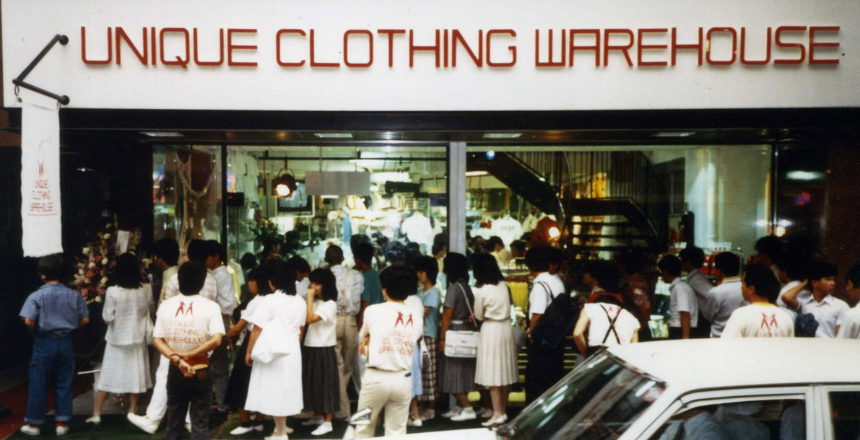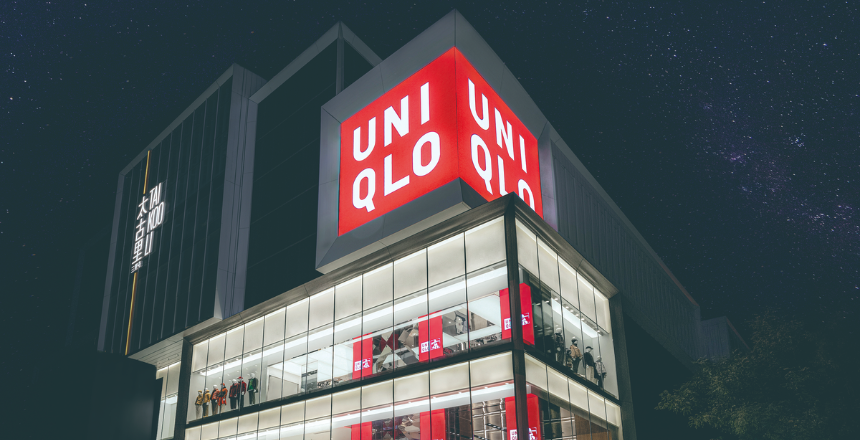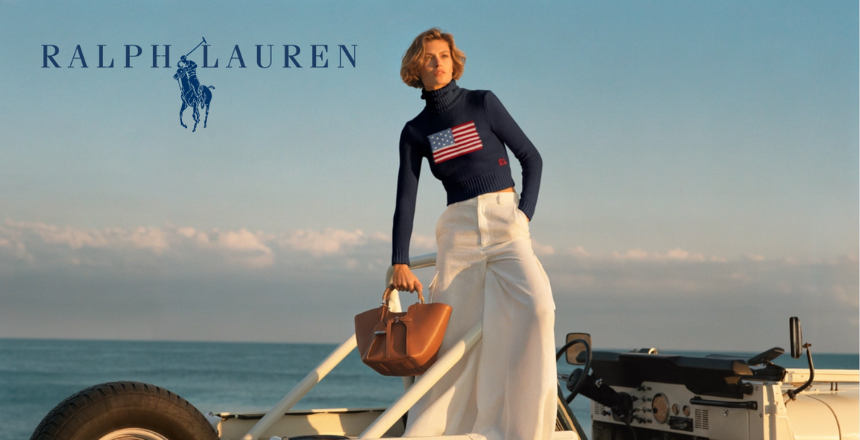UNIQLO’s Origins
The journey of UNIQLO began in 1972, when Tadashi Yanai transformed his father’s chain of 22 men’s tailoring shops into a broader apparel venture. In 1984, Yanai opened the first UNIQLO store in Hiroshima, originally called Unique Clothing Warehouse. This move marked the beginning of a strategic shift from specialized tailoring to mainstream casual wear. He was inspired by his exposure to Western retail models during trips to Europe and the United States. This early transformation was crucial, as it set the stage for what would become a global retail phenomenon.
Rebranding UNIQLO: A Shift In Perception
For many years, UNIQLO was perceived primarily as a discount retailer offering low-priced, basic apparel. This changed dramatically in 2004 with the launch of UNIQLO’s Global Quality Declaration, which marked a commitment to high-quality and affordably priced garments. The introduction of premium fleece jackets particularly helped alter its image from cheap to chic, showcasing the brand’s capacity to offer value without compromising on quality.

Global Expansion Of UNIQLO
Today, UNIQLO has expanded its reach to over 2,400 stores across 25 countries. This rapid expansion mirrors its effective strategy and acceptance in various markets. The brand dominates the Asian market with more than 800 stores in Japan alone, making it the continent’s biggest apparel retailer. The financial success accompanying this growth is evident in its substantial revenues and profitability, with Fast Retailing, UNIQLO’s parent company, seeing continual increases in market capitalization and shareholder value.
Innovation And Customer-Centricity At UNIQLO
A significant factor in UNIQLO’s success is its innovative approach to fashion retail. Unlike its competitors, who chase fast-fashion trends, UNIQLO focuses on timeless basics with unique functional properties. Technologies like AIRism and LifeWear are not just marketing terms but represent real innovations in fabric and design that address specific consumer needs. This focus on practical innovation extends to UNIQLO’s supply chain and product development strategies. These are meticulously planned to align with customer demands and market trends.
UNIQLO’s Dedication To Quality
UNIQLO’s commitment to quality is not just a marketing strategy, but a core component of its business model. The brand invests heavily in research and development to ensure that its products are not only fashionable but also incorporate the latest technological advancements in textiles. The development of HeatTech is a prime example of this, as it revolutionized winter clothing by providing warmth without the bulk typically associated with thermal wear.

Unique Selling Points: Why Consumers Choose UNIQLO
UNIQLO differentiates itself by offering simple, high-quality clothes that are universally appealing. Its “Made for All” philosophy promotes inclusivity and accessibility, which resonates well with a global audience.
UNIQLO’s Strong Corporate Values
Tadashi Yanai’s leadership is central to UNIQLO’s ethos and global strategy. His vision for the company extends beyond mere profit; it encompasses a commitment to social responsibility and ethical practices, which are woven into the fabric of the business. The management principles instilled by Yanai emphasize customer satisfaction, community contribution, and continuous innovation, all of which are crucial to the brand’s identity and success.
Challenger In Global Strategy
While UNIQLO has achieved significant global presence, it continues to face challenges such as brand differentiation and market adaptation. Its product offerings, while popular, must continually evolve to meet diverse consumer tastes and preferences across different regions. Additionally, the brand’s expansion strategy includes further penetrating Western markets, where it has to adjust aspects like sizing and style to better suit local consumer needs.

UNIQLO’s Commitment To Sustainability
UNIQLO’s commitment to sustainability recognizes the importance not only for environmental reasons but also for maintaining brand integrity and customer loyalty. Initiatives aimed at reducing environmental impact and enhancing ethical practices across the supply chain are integral to UNIQLO’s business model.
Conclusion
UNIQLO’s transformation from a local Japanese retailer to a global fashion leader is a compelling story of strategic innovation, quality assurance, and visionary leadership. With its roots firmly planted in values that resonate globally and an unwavering commitment to sustainability and inclusivity, UNIQLO is not just on a path to becoming the largest apparel retailer in the world—it’s reshaping the future of fashion. Watch as UNIQLO continues to innovate and inspire, ensuring its place in the hearts and closets of people everywhere for generations to come!



